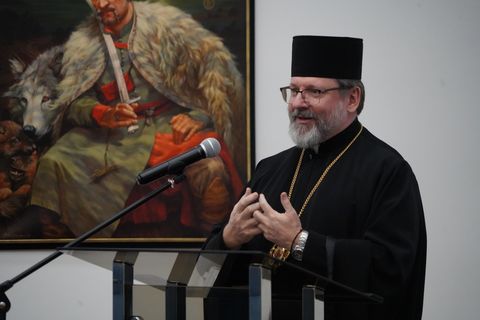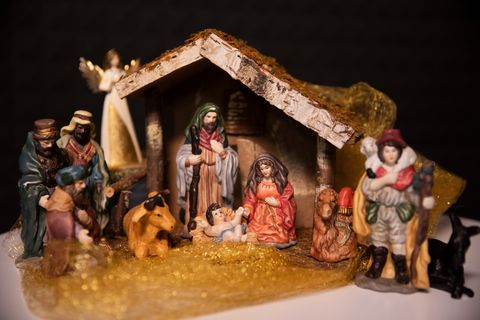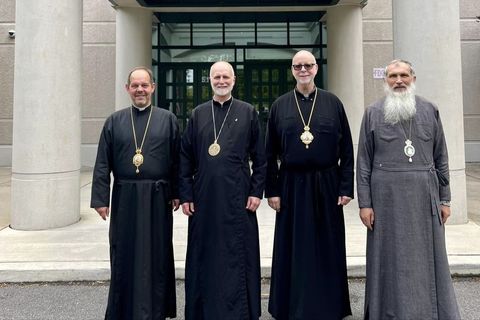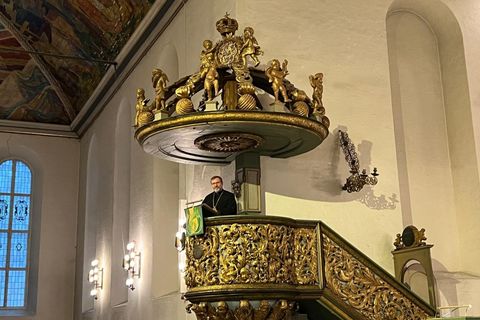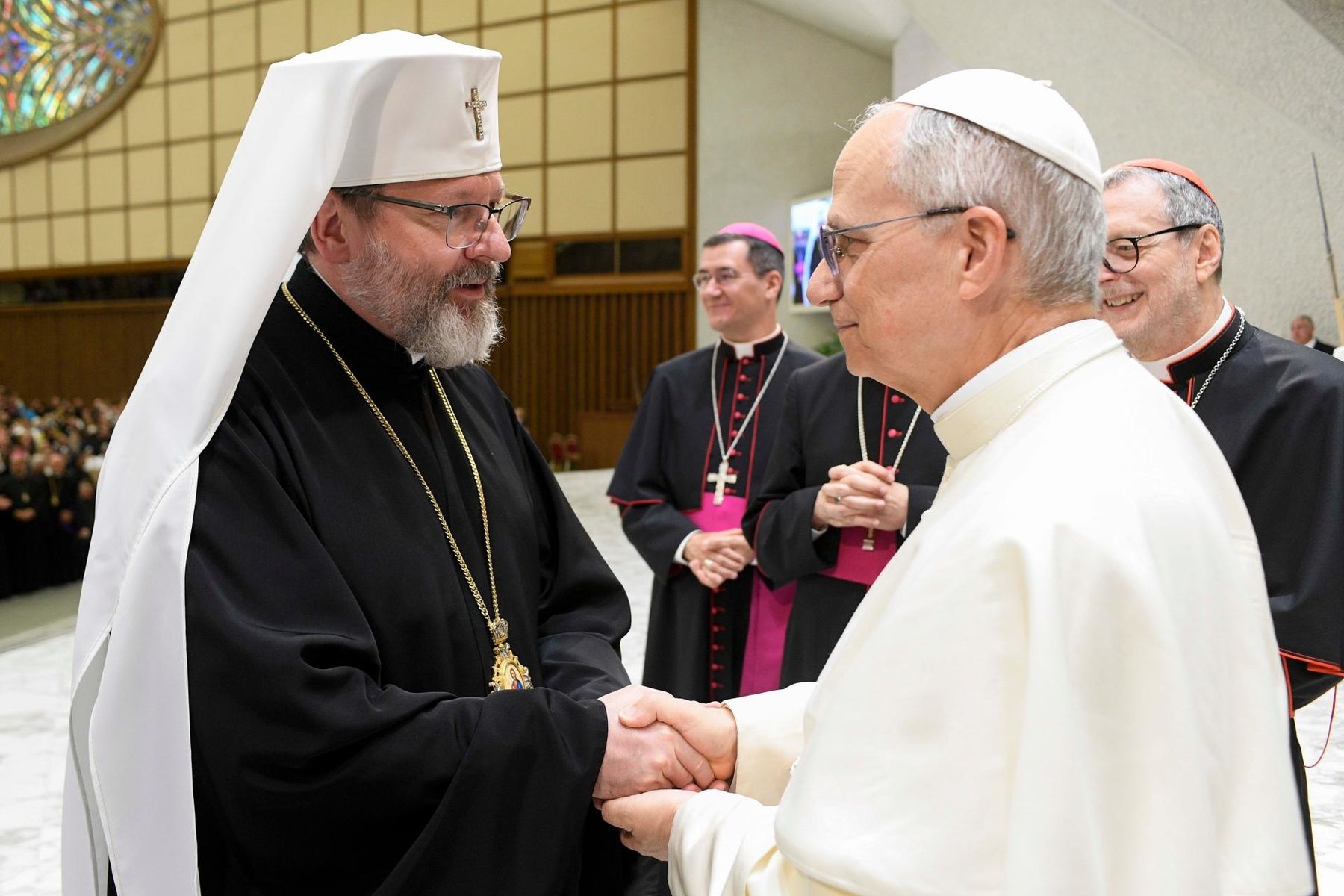
Leo XIV: Pope of Peace and Hope for Ukraine
When we heard “Habemus Papam” and saw the new Pontiff, it came as a surprise to many. But in God’s perspective, nothing happens by accident — it is the Lord who calls the successor of the Apostle Peter, and the cardinals merely discern His will.
For Ukraine and the Ukrainian Greek Catholic Church, the name chosen — Leo — was a special sign. Pope Leo XIII (1878–1903) was a patron of the Eastern Catholic Churches, devoted to our education and development. He was the Pope during the formative years of one of the greatest spiritual leaders in our history, Metropolitan Andrey Sheptytsky, who guided Ukrainians and our Church into the 20th century. Today, we are a Church that continues to live from the legacy of that period — preserved, enriched, and sanctified through the persecutions of the 20th century. This gives us hope for a deep understanding of Ukraine in the mission of the new Pontiff.
The choice of the name Leo immediately brought to mind Raphael’s famous fresco depicting Pope Leo I the Great (440–461) confronting Attila, leader of the Huns, who had ravaged Italy and marched on Rome. We do not know what the Pope said on that occasion, but the fact that Attila retreated remained etched in the Church’s memory as a symbol of spiritual strength capable of halting a devastating threat. This historical analogy carries particular resonance for the Ukrainian people. It is no coincidence, then, that many Ukrainians spontaneously began referring to Leo XIV as “the Pope of peace.”
The first words he pronounced were those of the Risen Christ: “Peace be with you!” Yet it is important to remember, as St. Augustine taught, that true peace is the fruit of justice. There is no peace without truth and justice. That is why the new Pontiff’s words about a “true, just, and lasting peace” for Ukraine meant so much to us. These words were already heard in his first Sunday prayer, together with a call for the release of prisoners and the return of deported Ukrainian children. Equally significant was his decision to make his first telephone call to the President of Ukraine, who invited Pope Leo XIV to visit our country.
The new Pope understands well the nature of Russia’s war against Ukraine. At the beginning of the full-scale invasion, while still serving in Peru, he clearly and unequivocally described it as an act of imperialist aggression against a free people with the right to defend their land. His words deeply resonated with what I have been proclaiming from Kyiv in my daily messages since February 24, 2022.
Pope Leo XIV begins his ministry at an onerous time — what his predecessor called a “fragmented third world war.” He faces serious challenges: how to preserve the unity of the Church in a divided world? How to defend the supremacy of international law amid the rise of new dictatorships? How to promote solidarity when national egoism is growing?
Interaction with the administration of the current U. S. president will be especially complex for the American Pope. But Leo XIV has already shown that he does not see these issues as personal matters, but as challenges for the entire Church.
I am confident that the new Pontiff will listen to the voice of the Church in Ukraine — not to the propagandists in Moscow. I hope that our dialogue will advance and shape the Apostolic See’s position on the war.
We will certainly invite the Pope to visit Ukraine. It would be highly symbolic if he, like Leo I, could halt the modern “Attila” from the East. For the Ukrainian people live by the truth, while Russia lives by lies.
It is also significant that the election of a new Pope, who speaks first and foremost of peace, coincided with the 80th anniversary of the end of World War II. This, too, is a sign: we are hoping not only for victory in this war, but for victory over war — the greatest manifestation of evil in the world.
† Sviatoslav
This publication is in Ukrainian: www.pravda.com.ua
